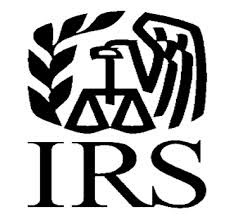Tax matters vol. 3 Affordable Care Act How it affects you & your income taxes
National Tax Preparation Co.
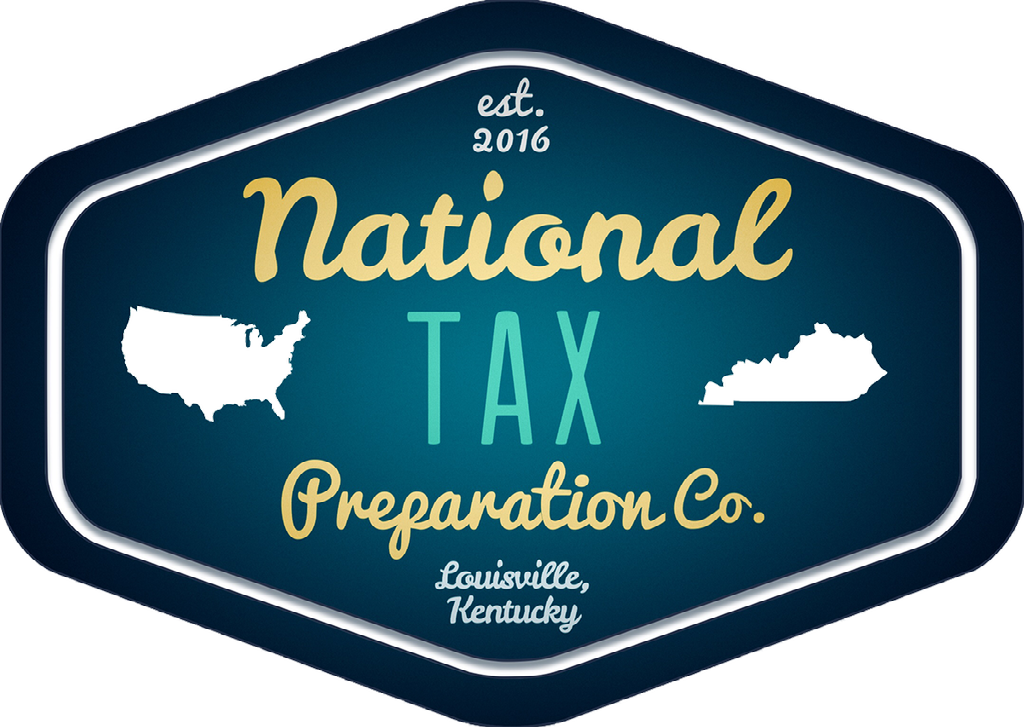
FACT SHEET: Health Coverage and Federal Income Taxes

The 2015 tax season is the first time individuals and families will be asked for some basic information regarding their health coverage on their tax returns.
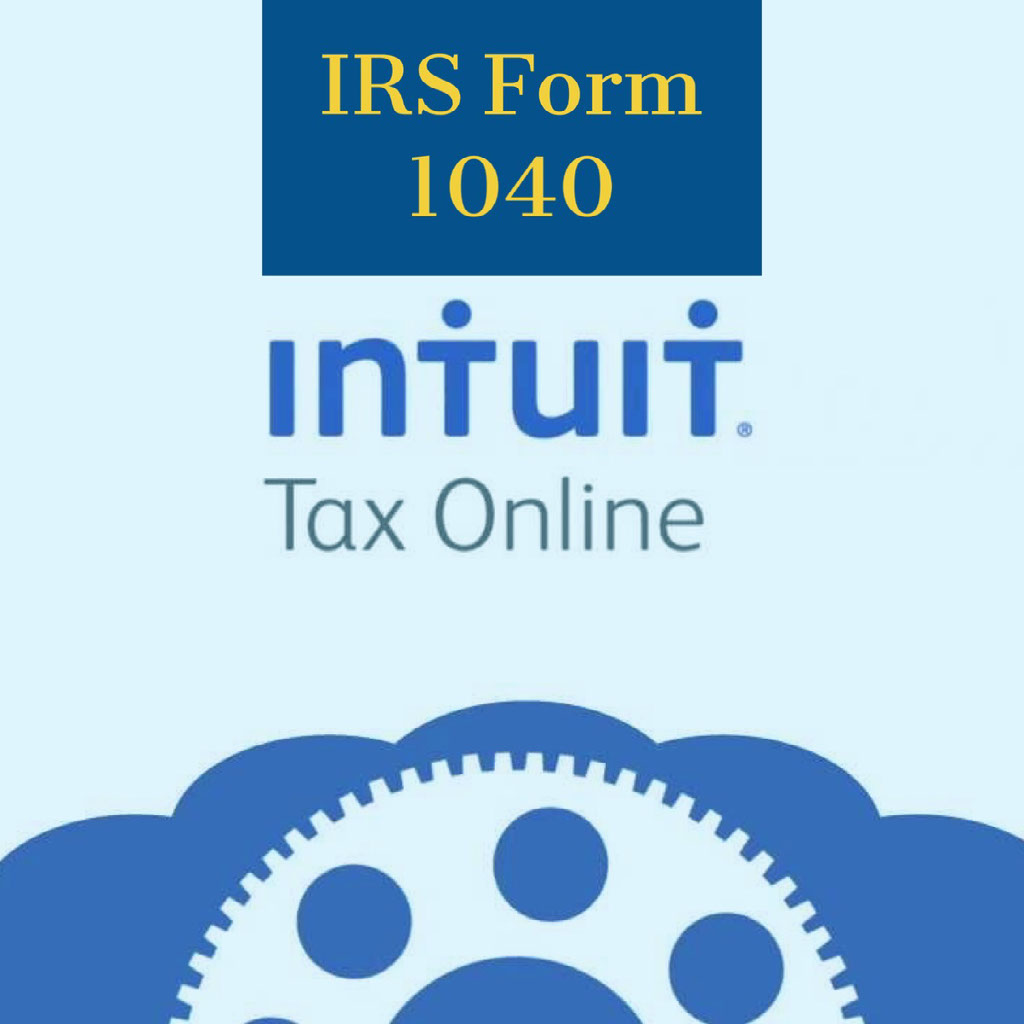
For the vast majority of tax filers - about three-quarters – meeting this new requirement will be as simple as checking a box to show they had health coverage for all of 2014. The remaining taxpayers - about one-quarter – will take different steps. It is expected that 3 to 5 percent of taxpayers benefited from advance payments of tax credits to help lower the cost of their Marketplace premiums in 2014. Now that tax season is here, these individuals will need to reconcile those credits in order to ensure that they received the correct amount. It is expected that 10 to 20 percent of taxpayers were uninsured for all or part of 2014 and will claim an exemption from the requirement to have coverage. A much smaller fraction of taxpayers, an estimated 2 to 4 percent, will pay a fee because they made a choice to not obtain coverage they could have afforded and are not eligible for an exemption.
Consumers will have questions about this new process and the Administration is committed to providing the information and tools tax filers need to understand the new requirements.
Individuals and families with non-marketplace coverage for all of 2014.
Most tax filers – about three quarters – will just need to check a box on their tax return to indicate that they had coverage all year. These people met the Minimum Essential Coverage requirement, which means that they had the health coverage necessary to meet the Affordable Care Act’s requirement. These individuals and families will not receive any new forms in the mail and they will not be required to fill out new forms when they file their 2014 income tax returns.
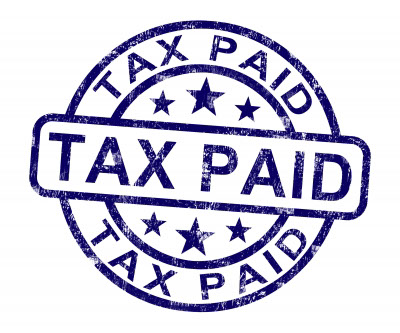
What consumers need to know:
When you file your tax return, you’ll need to check a box to indicate that you and your family had health coverage for all of 2014. Types of health coverage necessary to meet the Affordable Care Act’s requirement (Minimum Essential Coverage) include: 1. Most job-based plans, including retiree plans and COBRA coverage 1. Medicare Part A or Part C 1. Medicaid 1. The Children’s Health Insurance Program (CHIP) 1. Most individual health plans you bought outside the Marketplace, including “grandfathered” plans. (Not all plans sold outside the Marketplace qualify as minimum essential coverage.) 1. VA or TRICARE It’s important to note that filing electronically is the easiest way to file a complete and accurate tax return. Last year, 91 percent of taxpayers relied on software to do their taxes. Electronic Filing options include free Volunteer Assistance, IRS Free File and professional assistance. Resources available to help:
Learn more about taxes if you had 2014 health coverage from a source other than the Health Insurance Marketplace.
IRS Resource Guide: Health Care Law: What’s New for Individuals & Families Individuals and families who had a health plan through the Health Insurance Marketplace in 2014.
Last year millions of people purchased quality, affordable coverage through the Health Insurance Marketplace, and most benefitted from advance payments of the premium tax credit to lower the cost of their monthly premium. Now that tax season is here, individuals and families enrolled in a health plan through the Marketplace will need to provide some basic information about their health insurance when they file their taxes. All Marketplace consumers will receive a new statement – called a Form 1095-A – that includes all the information they need about their coverage to file their return.

What consumers need to know:
You will receive Form 1095-A in the mail from the Marketplace by early February. In most states, you can also download a copy of your statement through your Marketplace account starting in late January.
It’s very important to wait for your Form 1095-A to arrive before you file your taxes. If you haven’t received a Form 1095-A by early February, you should contact the Marketplace Call Center at 1-800-318-2596. TTY users should call 1-855-889-4325. When you get your Form 1095-A, you should check the information on your form - such as the number of people in your household – for accuracy.
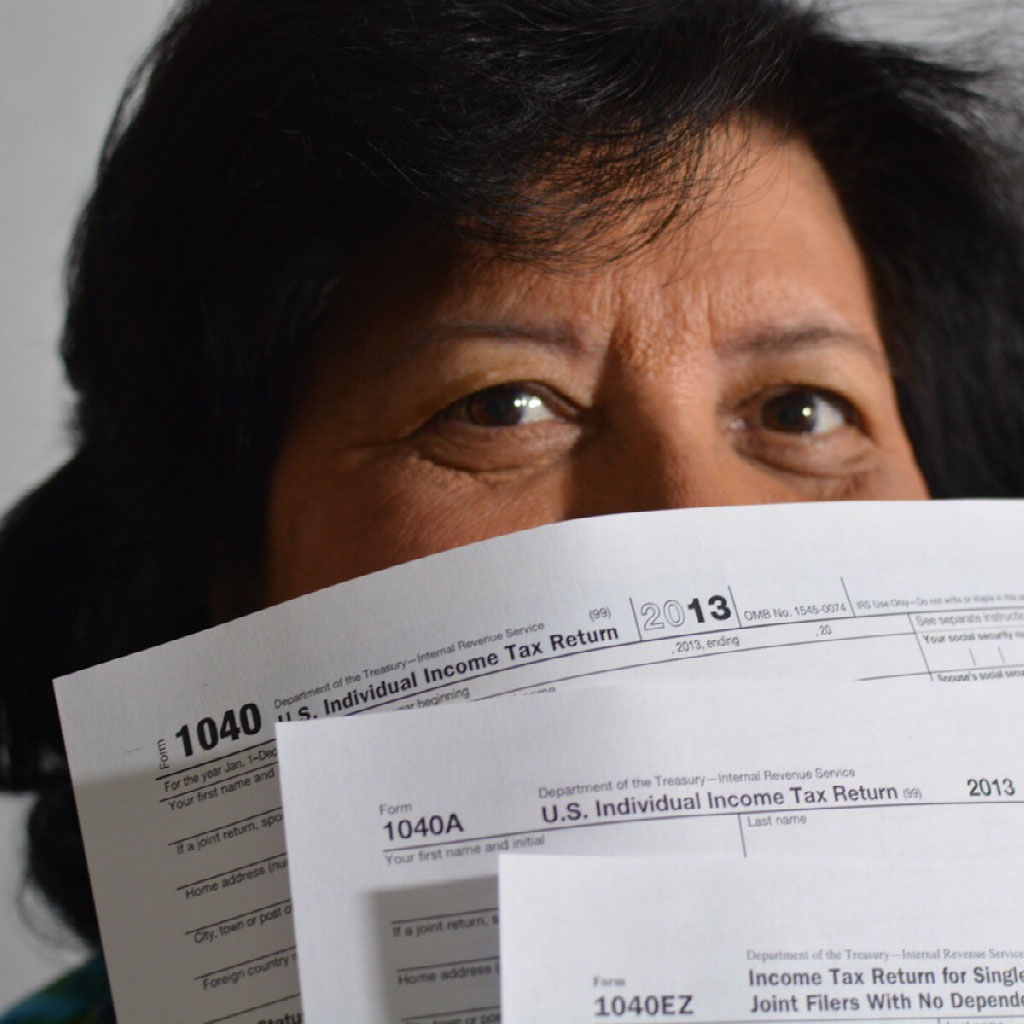
If you find an error on your Form 1095-A, you should call the Marketplace Call Center at 1-800-318-2596 to find out how to get a corrected form. You should keep your Form 1095-A with your other important tax information, like your W-2.
If a tax credit lowered your monthly premiums for health insurance in 2014, you will use your Form 1095-A to input some basic information when you file your taxes.
When you signed up for health insurance, you had to estimate your household income for 2014. Your estimated household income determined the size of your tax credit. Now that tax time is here, you need to compare your estimated household income with your actual income – and this could impact the final amount of your premium tax credit. If your household income or household size changed throughout the year, it could impact the final amount of your tax credit.

You may see a smaller refund or owe money back if you underestimated your income. You may also get a bigger refund if you overestimated you income. If you owe money back, there are several repayment options available. For example, if you are unable to pay immediately, you may be eligible for a payment plan or an installment agreement. If you did not receive advance payments of the premium tax credit to lower your monthly premiums in the Marketplace, you can visit HealthCare.gov/taxes/tools/ to get information you’ll need to enter into your tax forms to see if you might qualify. If your Marketplace coverage started partway through 2014 and you were uninsured earlier in the year, or if you were uninsured for only a short period of time during the year, you may be eligible for an exemption from the requirement to have health coverage.
You can claim the exemption on your tax return when you file. The process is fast and easy. You’ll simply select the exemption that applies to you and enter the corresponding code.
Resource available to help:
HHS Fact Sheet: 3 Tips About Marketplace Coverage & Your Taxes Use a tool to get information you may need to determine your 2014 premium tax credit. Learn more about your taxes if you had a 2014 plan through the Health Insurance Marketplace. IRS Resource Guide: Health Care Law: What’s New for Individuals & Families Learn more about Payment Plans, Installment Agreements and Offers in Compromise. Individuals who didn’t have health coverage in 2014.
While those who can afford health coverage but chose not to buy it may have to pay a fee, individuals who could not afford coverage or met other conditions can receive an exemption. If you qualify, receiving an exemption is simple and easy, and means you won’t have to pay a fee. It is important for individuals to know that exemptions are available and to understand the steps they need to take to request one.
What consumers need to know:
You can claim most exemptions on your tax return, but some exemptions are only available through the Marketplace. There are a variety of exemptions available, including if: The cost of coverage was too expensive. This applies to you if the lowest priced plan available to you would have cost more than 8 percent of your household income. Visit HealthCare.gov/taxes/tools to get information you may need to claim the exemption for coverage being unaffordable to you in 2014. You were uninsured for only a short period of time. You experienced a hardship, such as if you had medical expenses that resulted in substantial debt, if a close family member passed away, or if you experienced domestic violence, among other hardships. You will need to apply to the Health Insurance Marketplace to qualify for this exemption. For a complete list of exemptions and more information, read Information about Health Insurance Marketplace exemptions, or visit HealthCare.gov/taxes. When you file your taxes, you will enter information about the months you had coverage and any exemptions you qualify for on your tax forms. If you could have afforded coverage in 2014 but chose not to buy it - and you don’t qualify for an exemption - you will have to pay a fee with your federal tax return. The fee is based on your income, and how many months you didn’t have coverage. If you didn’t have health coverage for all of 2014, you’ll pay the higher of $95 per adult and $47.50 per child, who didn’t have coverage, limited to a family maximum of $285, or 1% of your income, subject to certain caps.
If consumers have questions about their taxes, need to download forms, or want to learn more about the fee for not having insurance, they can find information and resources at www.IRS.gov or www.healthcare.gov/taxes. They can also call the Marketplace Call Center at 1-800-318-2596.
Some people who signed up for health insurance through the Marketplace can get free tax assistance. For more information, visit www.IRS.gov/freefile or www.IRS.gov/VITA.
Brought to you by:
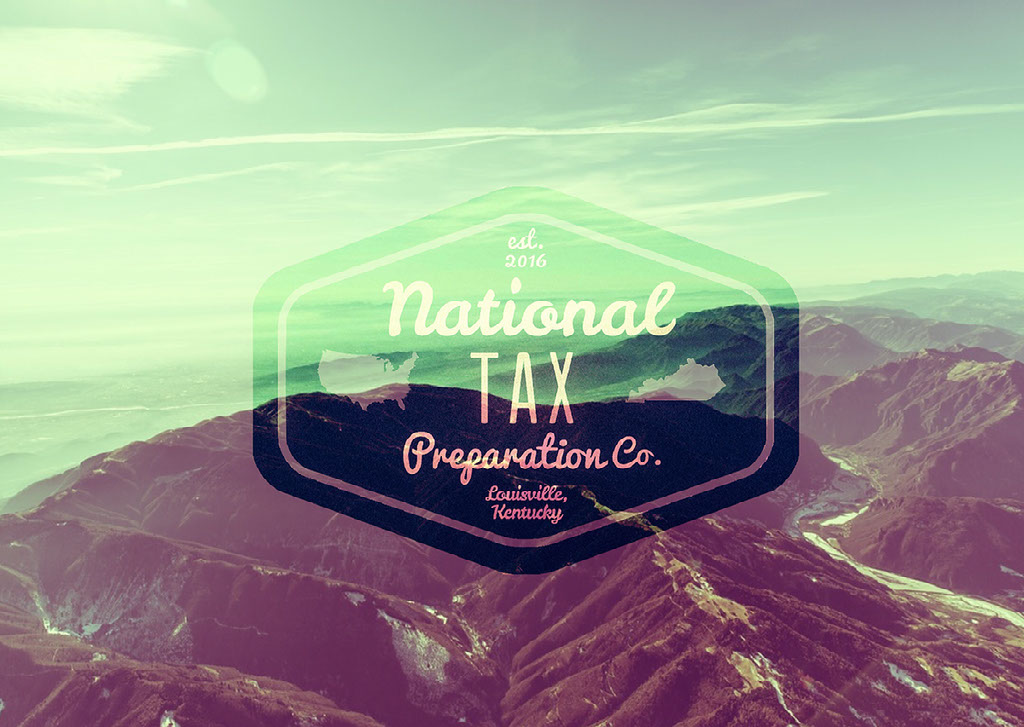
And:
